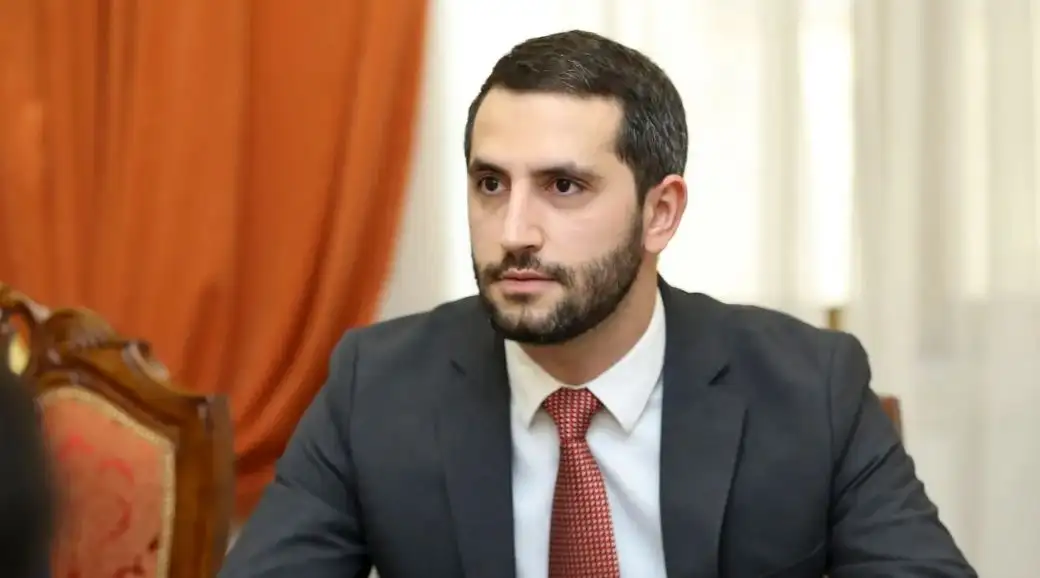Radar Armenia's interlocutor is political scientist David Stepanyan.
- What do you think was the real reason for postponing the US-Iran talks?
- The real reason for postponing the Iran-US talks should be sought in the sphere of US-Israeli relations. Israel and Netanyahu have no intention of signing a nuclear deal between Iran and the US, of lifting sanctions on Iran, and of opening up the region.
Israel is interested in targeting Iran, and the United States plays a key role here. Netanyahu's interest here is that his internal positions within the country are undermined, he has serious problems, and based on domestic political goals, he will do everything to sabotage the noticeable process between the US and Iran. In other words, domestic political and personal interests exist here. For Netanyahu, the issue between Iran and the US is a matter of life and death, of staying in power or losing it. I am considering it first in this context. The US does not have any serious, insurmountable problems with Iran. Iran, most importantly, on the issue of nuclear weapons, seems ready to reach a consensus and allow this program to be monitored by the IAEA; there has even been a proposal to transfer their already enriched uranium under Russian control. Iran agrees to this.
- In parallel, the US imposed new economic sanctions on Iran. Does this indicate that US-Iranian relations are becoming more tense?
- Of course, Trump's statement regarding sanctions should be viewed in this context. Sanctions are the only tool with which the US can put pressure on the Iranian regime. I would pay special attention to Trump's message from the Iranian side, where he noted that anyone who buys Iranian oil products will be subject to severe sanctions, including in relations with America. So, Trump and the US administration are trying to make Iran completely isolated, and I see it in the same context. The tension is obvious: this tension has beneficiaries. The primary beneficiary here is Israel. Representatives of the Israeli lobby in the US, personally Netanyahu, also have significant influence.
-And how can these developments affect the region from the point of view of Armenian-Iranian relations?
-If these relations continue to deteriorate, and there is no nuclear deal, that is, US-Iran ties do not have a successful development and end, it can only hurt Armenia and the entire region if we do not count Azerbaijan, which only benefits from all this. It is essential for us that Iran opens up to the whole world as an oil and gas market because, in that case, the preferred route through which Iranian oil and gas can enter the international market is the territory of Armenia, which is an opportunity for us. If Iran-US relations are not normalized and do not have a positive end, all these opportunities will remain a dream for us—another significant circumstance. Iran can become a transit zone; communications can go through Iranian territory, which will bypass, in this case, Azerbaijan, and this is also very important for us because Azerbaijan is now trying to gain a significant role, taking into account that the northern route is closed in Russian territory, and the potential route connecting China with the EU, the territory of Iran, is also closed. Suppose the conflict between the US and Iran continues. In that case, that route will remain closed, and Azerbaijan will try to increase pressure on Armenia to get the route that it has been demanding from us since the day the ill-fated "November 9" piece of paper was signed. Therefore, this prospect can only have negative results and consequences for us.
Angela Poghosyan


















